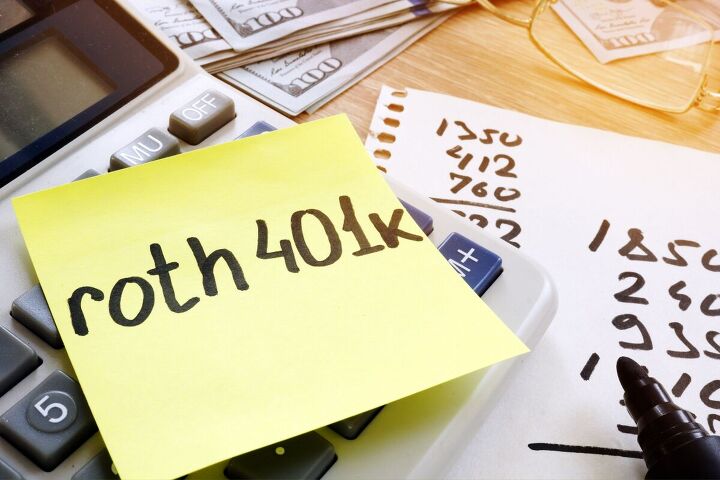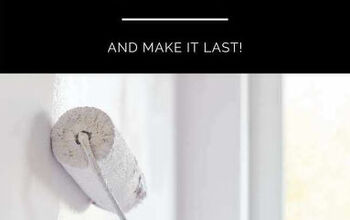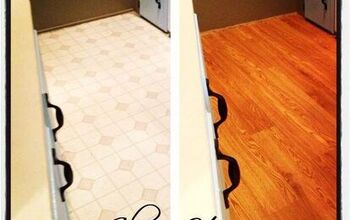Roth Vs Traditional 401K: Which One is Right For You?

We're going to talk about the differences between a traditional or pre-tax 401K versus a Roth 401K and which one I decided to contribute to.
There's quite a bit of information I could go into, but I want to start with some disclaimers and just general information. First of all, I am not a financial expert. The following is not investment advice, but I will share what I am doing and why I'm doing that.
Difference between Traditional vs. Roth 401Ks
First, we'll discuss the difference between a traditional or pre-tax 401K and a Roth 401K.
Traditional
Suppose you contribute to a pre-tax or traditional 401K that reduces your annual taxable income. For example, let's say my income is $50,000, and I decide to contribute $10,000 to my 401K. By doing that, I only pay taxes on $40,000. It's tax savings upfront.
When the money is taken out when you retire, it is taxed as regular income for whatever your income is at that age. If you are in the 22% tax bracket when you retire and start accessing this money, you will pay taxes at that tax bracket when you pull the money out.
Roth
For the Roth 401K, this is very similar to any other Roth account, so you contribute with your after-tax money. If you make $50,000 and contribute to your Roth 401K, you will still pay taxes on $50,000, so there are no tax savings for you when investing.
No matter what tax bracket you're in. When you're 65 or 75 years old, you will not pay taxes on the money you pull out from your Roth 401K.
The max that you can contribute to either your traditional 401K or your Roth 401K for 2022 is $20,500, and you can contribute to both.
How to choose
If you make quite a bit of money and you're in a high tax bracket, it's probably better for you to contribute to a traditional or pre-tax 401K to lower your tax burden right now. Then in the future, you probably will have a lower income and you'll pay the taxes at that rate.
On the other hand, if you're expecting your income to be a lot higher in the future at retirement, it's probably better for you to do the Roth 401K. You won't be paying taxes on your 401K or the money you pull out of your 401K, even if your income is higher.
Another example of somebody who's probably a better fit for the Roth 401K is somebody who expects to be living in a state with high state taxes in the future when they're retiring.
To clarify, something I want to point out is that no matter what, whether you contribute to your Roth 401K or a traditional 401K, your employer match always goes to a traditional 401K.
You could make all of your investment in your Roth 401K, and then your match would go into your traditional.
What I chose
For me, it was just compelling to go with the traditional. I want to pay fewer taxes right now.
Right now, I'm not contributing that much to my IRA to even save much in taxes, but the less I can pay, the better. With those tax savings, I can invest elsewhere.
I'm pretty diversified when it comes to if I have my Roth IRA, then I don't pay taxes on that in the future. Then I have my traditional 401K, where I'm saving money. Similar amounts are being contributed between what I put in and my employer. So it balances out, making me feel better that I have both of them.
I want to finish with a few important things.
Get your match
The first thing is get your match no matter what. Even if you have a 2% match from your company, at least contribute to that. Whether pre-tax 401K or Roth 401K, go for it because you are getting free money, and it's being invested. If you prefer, you can probably go 50-50. For myself, I was able to split it however I wanted to.
If you're having a tough time, do both. Or, as I mentioned before, if you want to do your Roth 401K, your employer match will go to a traditional one. So it's the same thing. Just remember that you're not going to have a reduced tax burden from your employer's match, but you're still contributing to both. Do your research and determine your projection.
I don't know if that's for everyone, but at least once a year, you should be able to change what you contribute to your plan. I have years of investing left, so this may not be the case for everybody. I'm 28 years old, so this is just the beginning.
Even if I end up doing traditional 401K for the rest of my working career and paying lots of taxes on it, I will have enough money invested in it to be okay.
Diversify
My final point here, I also mentioned that I have my Roth IRA and then also a traditional 401K. It's pretty diversified; I feel comfortable with it.
I decided to go with the most aggressive option that was provided by my employer. For me, that's 95% stock and 5% bonds. 95% of stocks are broken down by US stock. So that's VTSAX at 54%, international developed equity with VTMGX at 24%, emerging markets equity VEMAX at 12%, and then real estate with VGSLX at 5%. Then the 5% bonds are broken down by 4% in US bonds with VBTLX and 1% in international bonds with VTABX. I like this balance.
Roth vs Traditional 401K
The best way to choose between a traditional 401K and a Roth 401K is to decide your goals and invest accordingly. You can change the amount you contribute, and how you contribute it so it continually fits your situation. Do your homework and read up on both types of 401K before investing.





















Comments
Join the conversation